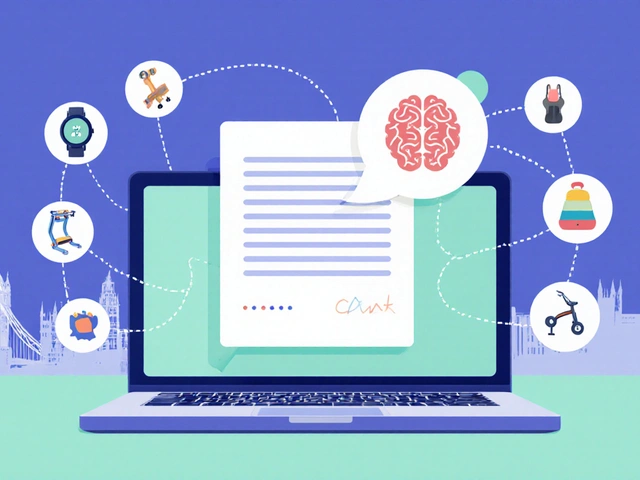Disinformation: How to Spot Fake News and Stay Ahead
We live in a world flooded with information, but not all of it is true. Disinformation is fake or misleading info purposely spread to deceive people. It can shape opinions, influence politics, or even hurt businesses. Knowing how to spot it helps you make smarter choices online.
So, how can you tell if something is disinformation? First, check the source. Is it trustworthy? Official news sites and known experts are safer bets. Watch out for odd-looking websites or social media accounts pushing weird stories without proof.
Common Signs of Disinformation
One red flag is when headlines seem too shocking or unbelievable. They’re designed to lure clicks and shares but usually lack real facts. Also, disinformation often plays on emotions, making you angry or scared to get you to react quickly without thinking.
Another tip is to look for supporting evidence. Reliable news will back claims with data, quotes from real people, or links to studies. If you find just opinions or vague statements, be cautious.
Using AI Tools to Detect Disinformation
Today, tools like ChatGPT help analyze content quickly for propaganda signs or false claims. They’re not perfect but can flag suspicious text patterns or biased language. This kind of technology is changing how experts fight fake news online.
Besides relying on tech, you should always pause and think before sharing. Ask yourself if the story makes sense, who benefits from spreading it, and if you’ve seen it reported elsewhere. That simple step can stop disinformation from spreading further.
Disinformation may seem overwhelming, but with smart checking and critical thinking, you can stay informed and help others do the same. The internet is a powerful tool—use it wisely and don’t fall for tricks hiding in plain sight.
Leveraging ChatGPT in the Battle Against Propaganda: A Comprehensive Guide
This article explores the transformative role of ChatGPT in detecting and combating propaganda. In a world where misinformation spreads rapidly, innovative AI tools like ChatGPT are becoming indispensable allies. We delve into how ChatGPT's advanced language processing capabilities can identify nuanced propaganda techniques, the challenges it faces, and the ongoing efforts to enhance its accuracy. By highlighting practical applications and sharing expert insights, this article sheds light on the significance of AI in safeguarding information integrity.
Read





